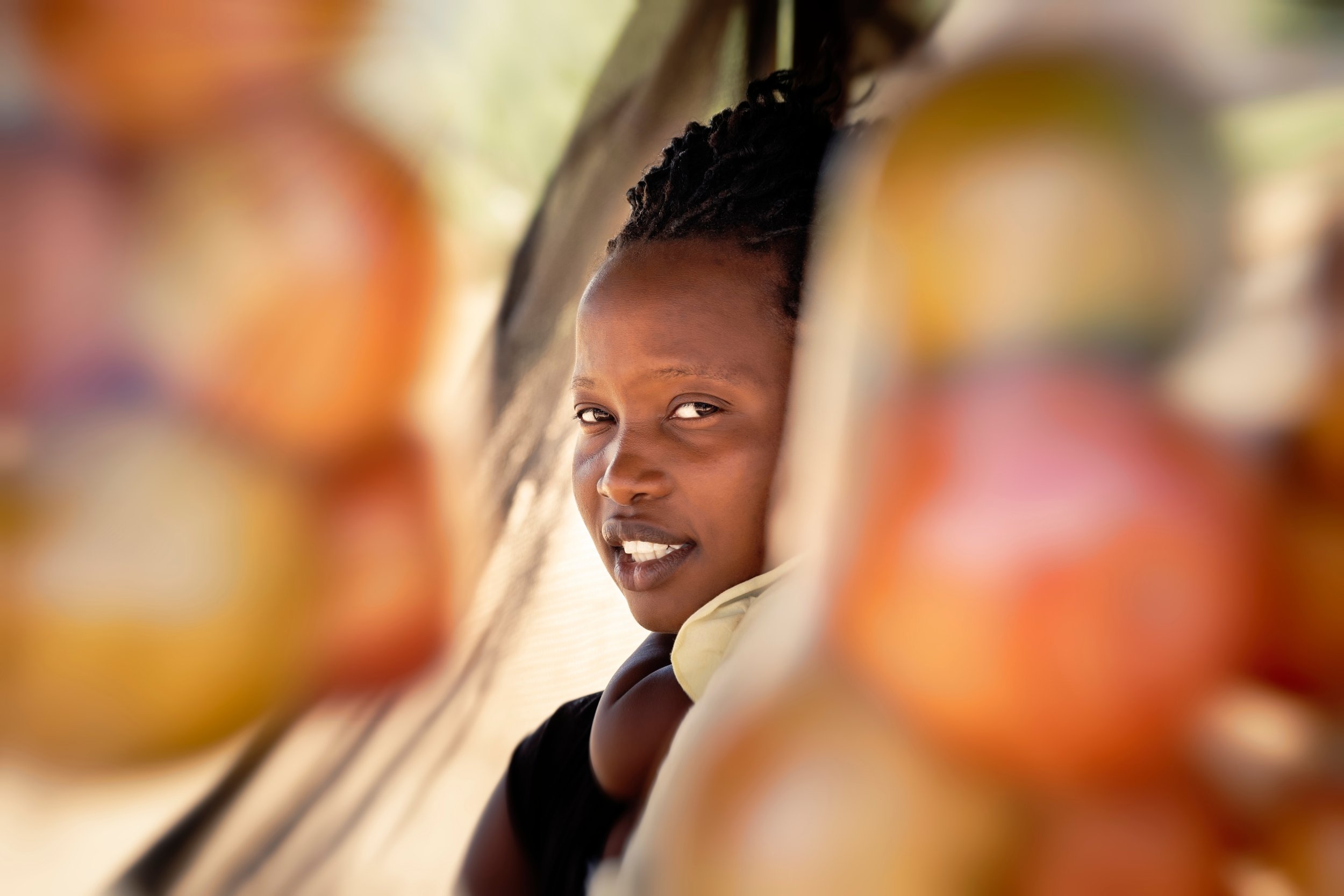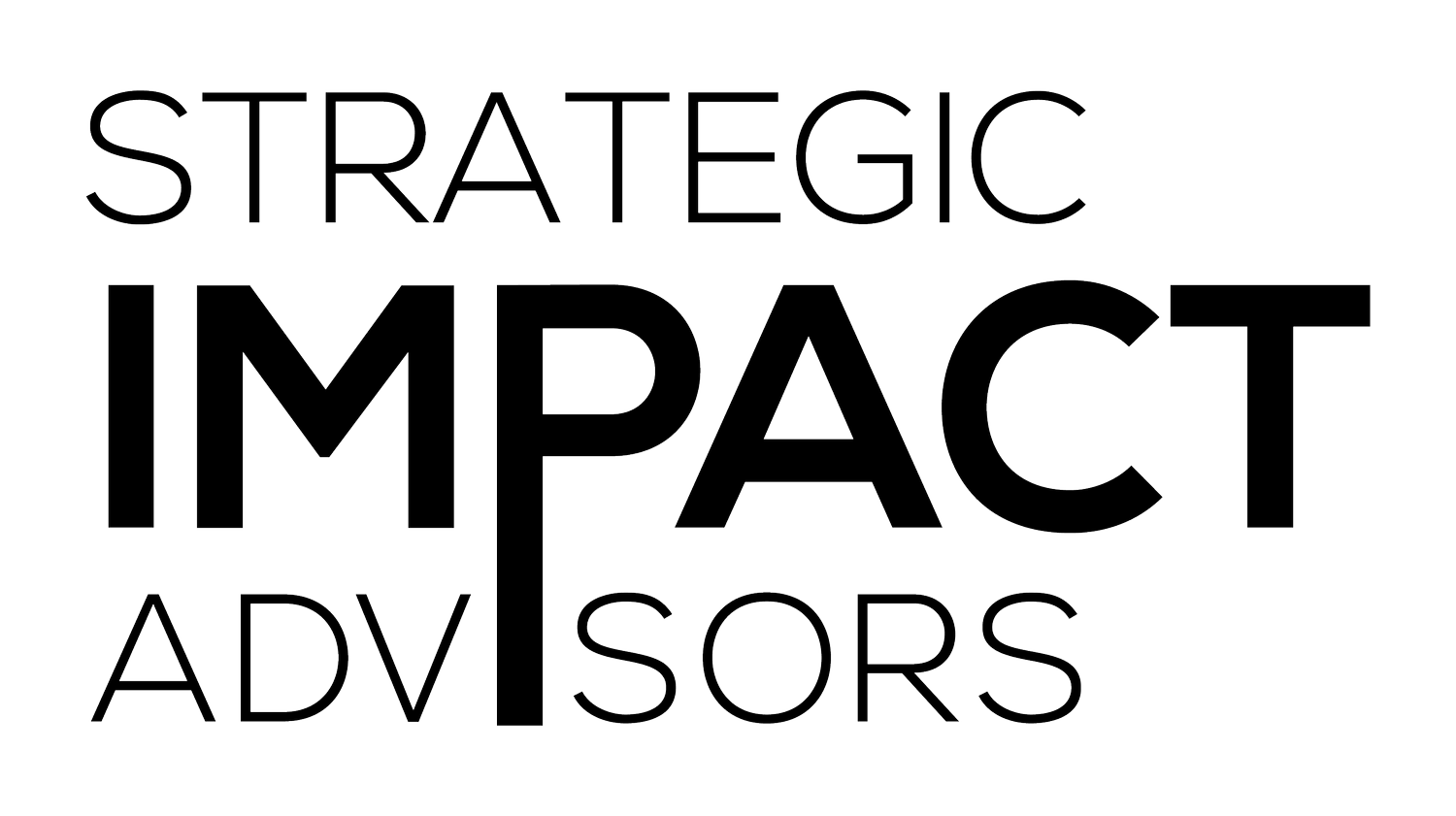
Women’s economic empowerment
Around the world, we work to advance women’s economic empowerment and digital inclusion through research, advisory and technology designed and developed to close the gender gap and transform the lives of women.
We look to local market constraints and opportunities to inform the design of our initiatives for women, striving to provide what they truly need to thrive in their roles as entrepreneurs, farmers and household leaders.
OUR EXPERTISE
-

Content development
We design and facilitate digital financial literacy curriculums specifically catered to women around DFS, entrepreneurship, and the use of digital technology, and train organizations on how to use the content.
-

Product design
We help clients design financial products that meet the specific needs of women, backed by research on needs, preferences and usage patterns. We also design roll out and marketing strategies to help launch the products into market.
-

Research & analysis
We help clients understand the barriers to women’s adoption of DFS and provide recommendations for closing the financial inclusion gender gap. We also test and pilot strategies to expand women’s access to digital technologies, and help clients analyze the impact on women’s lives.
RECENT WORK
-
Digital Financial Inclusion and WEE for Women of Livelihood Empowerment Against Hunger Poverty (LEAP)
Client: World Food Programme (WFP) Ghana
Location: Ghana
Date: December 2022 - PresentSIA is working with WFP in Ghana on a digital financial inclusion and women's economic empowerment project for Livelihood Empowerment Against Hunger (LEAP) cash transfer beneficiaries. The goal of this project is to adapt our existing women's digital financial literacy curriculum for LEAP beneficiaries and create new audio lessons that cover use cases on nutrition and E-zwich, the national switch and smart card payment system. Our team will also train LEAP beneficiaries and develop a measurement framework to track results.
-
Deepening Financial And Digital Literacy Among Refugees
Client: World Food Programme (WFP) Uganda
Location: Uganda
Date: August 2022 - October 2022We supported WFP in implementing our audio-based digital financial literacy campaign, “Hey Sister! Show Me the Mobile Money!,” under a Bill and Melinda Gates Foundation (BMGF)-funded project in the Nakivale refugee settlement, reaching 44,700 refugees. The goal of this project was to integrate our women’s digital financial literacy curriculum as part of WFP’s financial and digital literacy training for refugees, aiming to address the persistent gap in financial inclusion of female refugees.
-
MSME Training: Her Business, Her Future
Client: USAID, DAI
Location: Global
Date: April 2022 - December 2022To increase financial inclusion and digital tool adoption among women-led MSMEs, we developed a curriculum called “Her Business, Her Future.” The package includes eight PowerPoint modules on business, digital and financial literacy, and a user guide with instructions on how to use and adapt the curriculum. Material is open source and available in English, French, Spanish and Swahili. This curriculum is an adaptation of Mastercard’s “Project Kirana for Women” curriculum. View materials here.
-
¡Oye Amiga, hablemos sobre tu billetera móvil!
Client: USAID
Location: Latin America
Date: January 2022 - September 2022We adapted our existing "Hey Sister! Show Me the Mobile Money!" digital financial literacy campaign for Latin American audiences. This campaign, ¡Oye Amiga, hablemos sobre tu billetera móvil!, features 22 lessons in Spanish, including a new episode on remittances. Access the materials here.
-
Women's Economic Empowerment & Financial Inclusion Barriers Analysis
Client: Bill and Melinda Gates Foundation and GRID Impact
Location: Global
Date: November 2021 - September 2022Alongside GRID Impact, we helped the Bill & Melinda Gates Foundation’s Financial Services for the Poor (FSP) team better understand the barriers that prevent women from accessing and using financial services. The goal was to help ensure the FSP team is addressing the right barriers to achieve their vision and strategic goals, and understand the opportunities, challenges, available tools, and trade-offs as they set the priorities and make new investment, collaboration, and advocacy decisions. This work involved researching evidence around barriers to financial inclusion, determining specific segments of women affected by each barrier, sizing each barrier, and making recommendations on how to address each barrier. View the project's microsite.
-
Smartphone, Smart Business
Client: NetHope/Visa
Location: Ghana
Date: June 2021- April 2022In partnership with NetHope, we implemented a pilot project to test how reducing or removing the cost of smartphone acquisition can support women entrepreneurs in their businesses. Subsidized packages of smartphones and data plans were provided to 500 urban women micro-entrepreneurs in Ghana. To ensure women were confident and equipped to use mobile services safely, we also preloaded our “Hey Sister! Show Me the Mobile Money!” digital financial literacy content on the smartphones. Read about the project’s learnings here.
-
Hey Sister! Show Me the Mobile Money! Digital Financial Literacy Campaign
Client: USAID
Location: Ghana, Malawi, Uganda
Date: October 2019 - December 2021We implemented a digital financial literacy campaign to increase women’s ability to access and use mobile money services. This project entailed the design and dissemination of 25+ audio lessons, produced in 16+ local languages, and available through IVR (interactive voice response) and for download here. We also facilitated group listening and discussion with local implementing partners. As of June 2021, 90,000 unique callers had listened to the audio content, most of them women. More on impact here.
-
Developing and Marketing a Digital Financial Service Offering to Female Farmers in East Africa
Client: IFC/Fenix International
Location: Uganda
Date: October 2018 - July 2019We supported the Fenix lending team in better understanding the needs of female smallholder farmers and then assisted in the design and development of a product tailored to those needs. The project contributed to solving three challenges Fenix has uncovered in agricultural lending: trust in suppliers, access and affordability.
